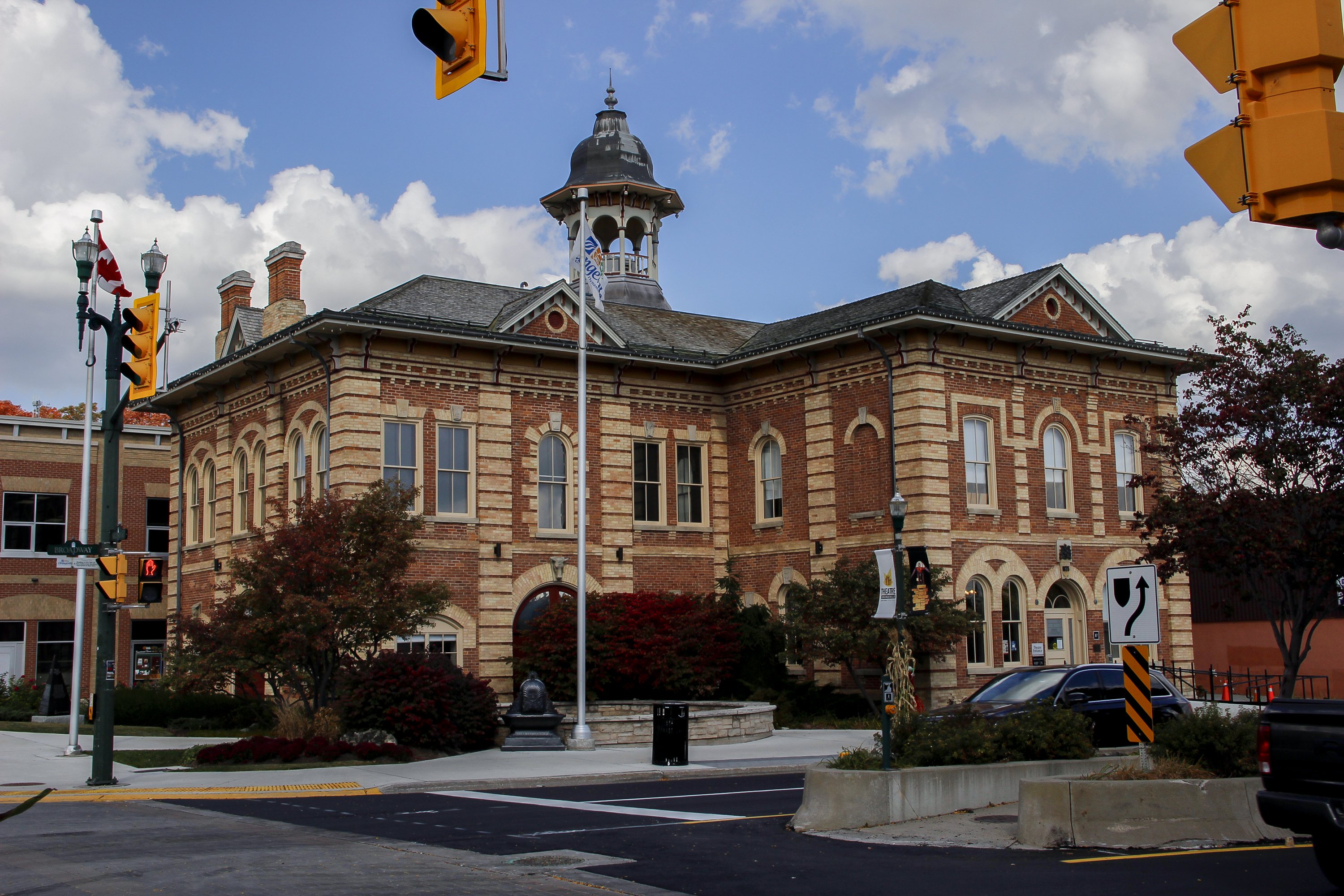
At its November 27 meeting, Council received the Town of Orangeville’s proposed 2024 budget. If passed, taxes for Orangeville residents would increase by 4.5%, or $145 annually for the average property owner.
“Effective budgeting in any year requires staff to balance strategic priorities, fiscal prudence, and value for money for the taxpayers,” said David Smith, Chief Administrative Officer. “To build a balanced budget during a period of economic instability requires resiliency. This has been a challenging year, but staff have worked hard to find efficiencies in operating costs and revenues, recalibrating the budget for a reasonable levy adjustment.”
The budget is a combination of two distinct items:
• The Capital Budget, which includes major infrastructure projects and community service projects; and
• The Operating Budget, which includes the day-to-day costs to deliver municipal services.
Orangeville’s 2024 consolidated budget is projected at $125.5M; $45.6M in the operating budget expenses and $79.9M in the capital budget expenses.
“This budget will maintain all existing levels of service, provide for responsible growth, and is designed to improve corporate capacity and future readiness,” noted Patrick Kelly, Treasurer. “The needs of the community have been carefully considered and spending has been balanced over a number of years to limit levy impacts.”
Orangeville, like most growing communities in Ontario, offers an expanding range of services with limited funding sources and various financial pressures.
Budget Pressures: Growth
Orangeville is a growing community; however, assessment growth has been relatively slow in recent years – projected at 0.50%, which would generate just $199,510 in additional funding for 2024. “In an environment of low or slower assessment growth and increasing community demands, the current tax base is expected to carry the cost of enhancements in service levels, explained Kelly. “When assessment growth is higher, the new assessment will cover increased operating costs without impacting the existing tax base as significantly.”
Growth is also a significant cost pressure. If managed effectively, growth-related costs should be recoverable from the growth revenues, resulting in minimal impact on taxes or rates. Municipalities are currently challenged in upfronting critical infrastructure costs to support development that is on the horizon. Compounding this, new provincial housing legislation could jeopardize the ability for growth-related revenues from development charges and parkland fees to fund growth related infrastructure investments.
Budget Pressures: Inflation
Canadian inflation rate has cooled but remains above 3.0%. The latest data indicates inflation of 3.1% over the past 12 months; however, the Consumer Price Index (CPI) – which represents the rate of inflation on a basket of goods – is not reflective of many of the expenses incurred by a municipality, especially those within the capital budget. CPI is based on pricing for food, shelter, household operations, furnishings and equipment, clothing and footwear, transportation, and more.
The Non-Residential Building Construction Price Index (NRBCPI) provides a more accurate reflection of capital expenses; the NRBCPI for Q3 of 2023 was 6.57%.
“Passing a budget with an increase lower than the rate of inflation means cost increases need to be absorbed by existing funding, which can lead to reduced service levels,” noted Deputy Treasurer Mandip Jhajj. “Over the last five years, we’ve created a cumulative gap by setting the tax levy increase lower than the rate of inflation. Notwithstanding the decreasing inflation rate, labour shortages and global supply chain disruptions continue to cause project bottlenecks, driving delays and cost overruns. The proposed 4.5% levy increase is an outstanding achievement that will work towards closing this cumulative gap.”
Leveraging Savings to Plan for Long Term Fiscal Sustainability
In 2020, Orangeville transitioned from Orangeville Police Services (OPS) to the Ontario Provincial Police (OPP).2023 was the third and final year of transitional billing for OPP services; 2024 represents Year 1 of the new contract pricing model with the Ontario Provincial Police (OPP), which will generate annual savings of approximately $4 million. These anticipated savings have allowed the Town to recalibrate existing funding and cost structures within the budget.
“We’re using savings to bring our transfer to long-term infrastructure reserves back on track, and reduce our reliance on non-sustainable funding sources,” said Kelly. “This budget and the recalibration within it are steps in the right direction towards long term fiscal sustainability.”
Deferring Capital Projects
Kelly explained that “as infrastructure ages, funds must be committed for proper maintenance, repair, and replacement. The 2024 Capital Budget has been carefully considered to identify high-priority projects and defer others, where possible, to limit debt loads.”
“The Town has witnessed a critical infrastructure deficit that has increased each year,” said Kelly. “Staff have worked hard to balance an increased demand for services with fiscal responsibilities – the proposed Budget 2024 is a responsible financial plan for the Town for the upcoming fiscal year. Through the collaborative efforts of staff and Council, this budget will enable the community to continue our collective journey towards fulfillment of Orangeville’s strategic goals.”
To review key capital projects that will be undertaken in 2024 and deferrals from the 10-year Capital Plan (which generated over $43M in cost reductions), visit Orangeville.ca/budget.
Council will consider and deliberate the proposed budget at public meetings scheduled for December 4th and 5th.Following budget deliberations, it is anticipated the consolidated budget will be approved prior to December 31st.
The Town of Orangeville also collects the taxes on behalf of the County of Dufferin and the Upper Grand District School Board. The combination of all three levies is what makes the total levy collected from property owners.
Learn more about Orangeville’s budget at Orangeville.ca/budget.
